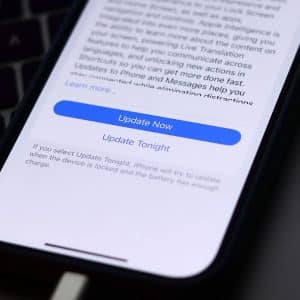It’s a strange technology-based world we live in now. Just over a decade ago when Apple unveiled the shiny new smartphone known as the iPhone, it was quite a luxury to be able to get your hands on one. Fast forward to 2018 and it is estimated that 90 million of us worldwide are iMessaging, tweeting, Snapchatting – and occasionally even calling – using one of the many variants of the trendy device rolled out by the fruitful tech giant year after year. Only a matter of weeks ago, Apple revealed the twelfth generation model, the iPhone XS.
“Money, money, money… “
However, throughout those years, Apple seem to have grown ever-cheekier in their asking prices for owning such a device. That’s not just the initial cost of an iPhone (which in today’s complicated and ever-fickle world of mobile -phone contracts is surprisingly fairly affordable), but the cost of being an iPhone user infamously soars with all of the accessories and add-ons, an ostensibly clever move on Apple’s part due to their exclusive compatibility.
Excruciatingly loyal iPhone users were hit hard with this shameless exclusivity back in 2015 when Apple announced that the seventh incarnation of their moneymaker would do away with the traditional 3.5mm headphone jack, often found on any brand of smartphone. This was an attempt to slim down their latest model even further and in turn bring in their branded wireless earphones, the latest of which will set you back over $100. Of course, you could always opt for the earphone adapter – although still charging a chunk of change for something any of Apple’s competitors do for free, this also seems a little cheeky.
The Big Apple…
The problem seems not to lie with Apple (who are obviously revelling at the top of their game) but with their savagely loyal fan base, who will fork out extra cash for a phone that already retails at a grand. With the company’s latest release in what is already a long line of must-have smartphones – ironically named the iPhone XS – it seems unlikely that we will ever see an end to Apple’s opportunistic moneymaking. And ultimately, why we should see things change seems a mystery too.
Supply and demand and all that.











